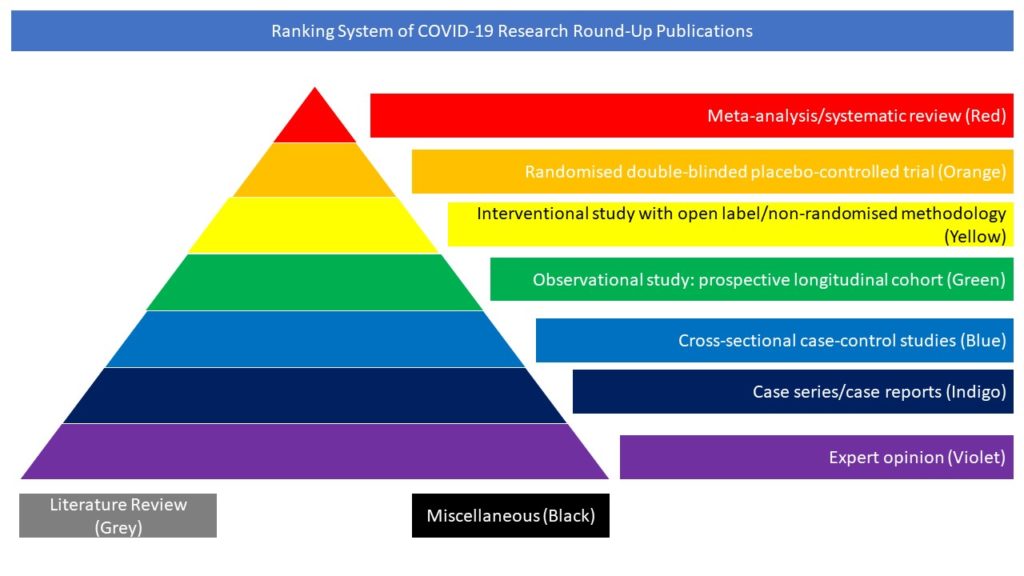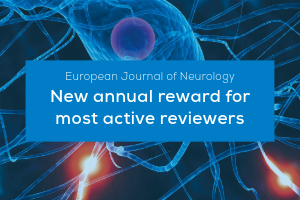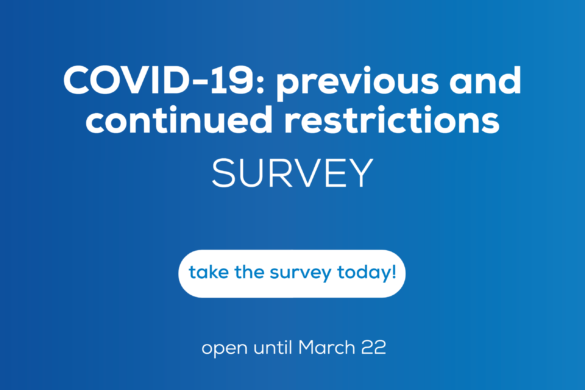Literature Review (Grey)
Read on for our highlighted selection of Covid-related Literature Reviews from the scientific press for January 2023:
The impact of sphingosine-1-phosphate receptor modulators on COVID-19 and SARS-CoV-2 vaccination
Sphingosine-one phosphate receptor (S1PR) modulation inhibits S1PR1-mediated lymphocyte migration, lesion formation and positively-impacts on active multiple sclerosis (MS). These S1PR modulatory drugs have different: European Union use restrictions, pharmacokinetics, metabolic profiles and S1PR receptor affinities that may impact MS-management. Importantly, these confer useful properties in dealing with COVID-19, anti-viral drug responses and generating SARS-CoV-2 vaccine responses. The objective of this review was to examine the biology and emerging data that potentially underpins immunity to the SARS-CoV-2 virus following natural infection and vaccination and determine how this impinges on the use of current sphingosine-one-phosphate modulators used in the treatment of MS. In particular a literature review was performed, and data on infection, vaccination responses; S1PR distribution and functional activity was extracted from regulatory and academic information within the public domain. Most COVID-19 related information relates to the use of fingolimod. This indicates that continuous S1PR1, S1PR3, S1PR4 and S1PR5 modulation is not associated with a worse prognosis following SARS-CoV-2 infection. Whilst fingolimod use is associated with blunted seroconversion and reduced peripheral T-cell vaccine responses, it appears that people on siponimod, ozanimod and ponesimod exhibit stronger vaccine-responses, which could be related notably to a limited impact on S1PR4 activity. Whilst it is thought that S1PR3 controls B cell function in addition to actions by S1PR1 and S1PR2, this may be species-related effect in rodents that is not yet substantiated in humans, as seen with bradycardia issues. Blunted antibody responses can be related to actions on B and T-cell subsets, germinal centre function and innate-immune biology. Although S1P1R-related functions are seeming central to control of MS and the generation of a fully functional vaccination response; the relative lack of influence on S1PR4-mediated actions on dendritic cells may increase the rate of vaccine-induced seroconversion with the newer generation of S1PR modulators and improve the risk-benefit balance. The authors concluded that although fingolimod is a useful asset in controlling MS, recently-approved S1PR modulators may have beneficial biology related to pharmacokinetics, metabolism and more-restricted targeting that make it easier to generate infection-control and effective anti-viral responses to SARS-COV-2 and other pathogens. Furthemore, further studies are warranted.
Baker D, Forte E, Pryce G, Kang AS, James LK, Giovannoni G, Schmierer K. The impact of sphingosine-1-phosphate receptor modulators on COVID-19 and SARS-CoV-2 vaccination. Mult Scler Relat Disord. 2022 Nov 22;69:104425. doi: 10.1016/j.msard.2022.104425.













